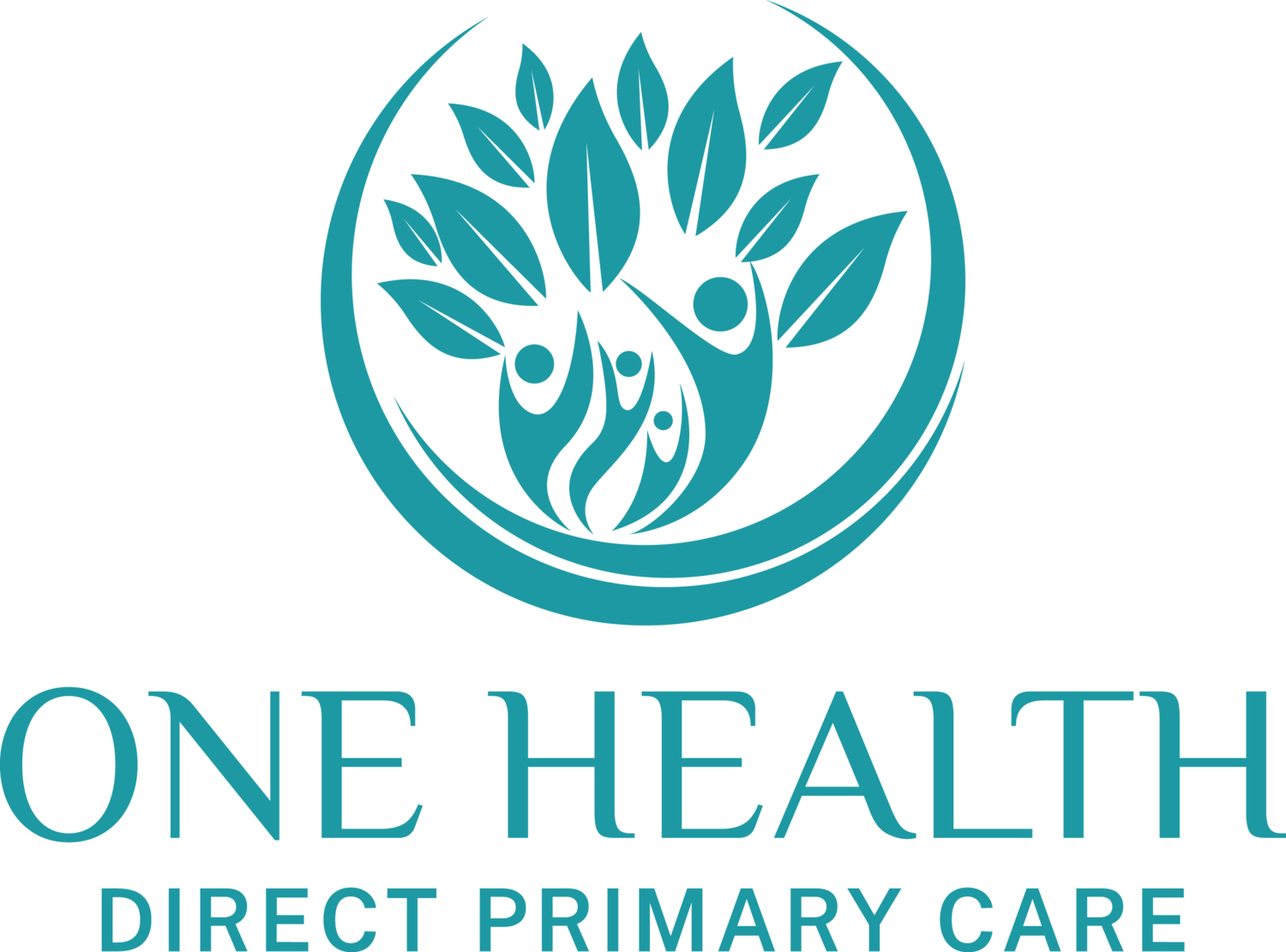Approach to Seasonal Affective Disorder during cold months.
Being busy is very typical for the holiday season, getting ready for time with family, planning meals, gifts and for some travel. You are doing so much at work and for family and for some, that can be difficult. Most people start to notice less energy with mood changes, this is referred to as Seasonal affective disorder (SAD) or “winter depression. SAD is the leading cause of depression in millions of Americans during the Fall and Winter months with 5% of the US population presenting symptoms during this time of year. That is roughly 1 in 20 people have SAD during cooler months.
Symptoms are more difficult in January and February and include fatigue, sleeping too much, overeating, weight gain and mood changes.
Typical symptoms for SAD improve during the spring although some people still experience symptoms in the summer months.
Management of SAD includes light therapy, talk therapy and sometimes antidepressant medications.
Light therapy is best used for 30-60mins when you wake up each day. It mimics natural outdoor light and even though it is cold and cloudy, there is still benefit from taking a walk in the afternoon or eating lunch in the park to get as much light as possible.
Talk Therapy is a perfect addition to the management of SAD. Talk to a therapist, surround yourself with the right people, positive people that bring you joy.
Exercising 30-60mins a day helps with energy. Exercising in the afternoon when there is light outside is even better. Yoga and meditation for relaxation are also very helpful. Sunscreen to prevent sun damage is important.
Get enough sleep, make sure to schedule sleep time and to avoid napping and oversleeping.
Since the cause of SAD is unclear, it is important to rule out other conditions that can lead to symptoms similar to SAD like low blood sugar, hypothyroidism, viral infections, infectious mononucleosis. It is important to discuss your symptoms with your doctor if there is no improvement from light therapy, exercise and talk therapy to get the appropriate workup.
If you are not eating, wanting to go to work or isolating yourself, please see your doctor.
In an emergency with immediate danger or concern for family and/or friends, please call 911.
Mobile Crises management with RHA health in Asheville is available 24/7, day or night for immediate help with mental health crises. Call 1-888-573-1006.
The suicide prevention hotline at 1-800-273-TALK can be used by family and friends as well if you know anyone who is in crises. You can find more information at suicedepreventionlifeline.org.
Thank you for reading. Stay Safe and Happy Holiday Season!
-Dr. Osei @ One Health DPC
